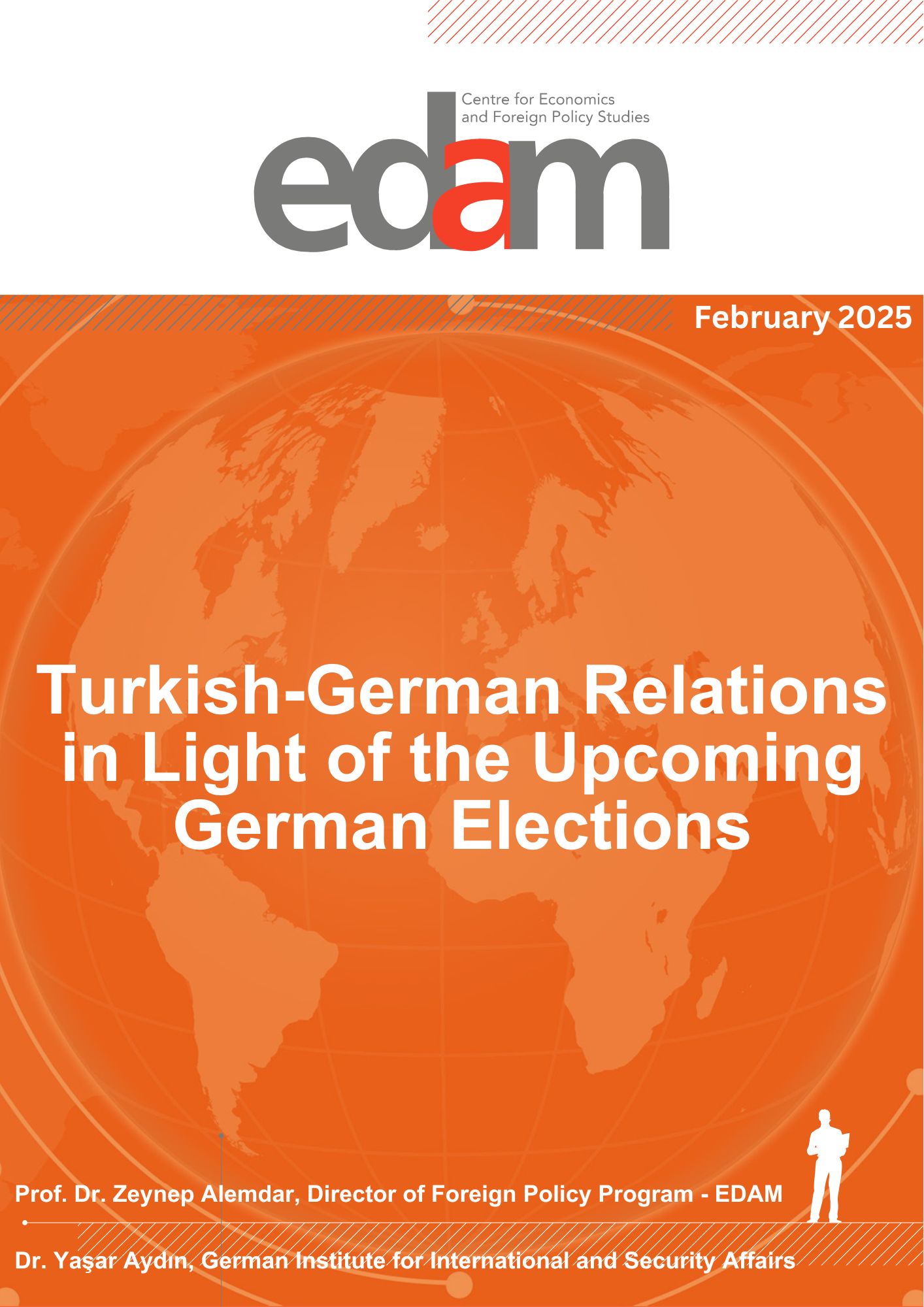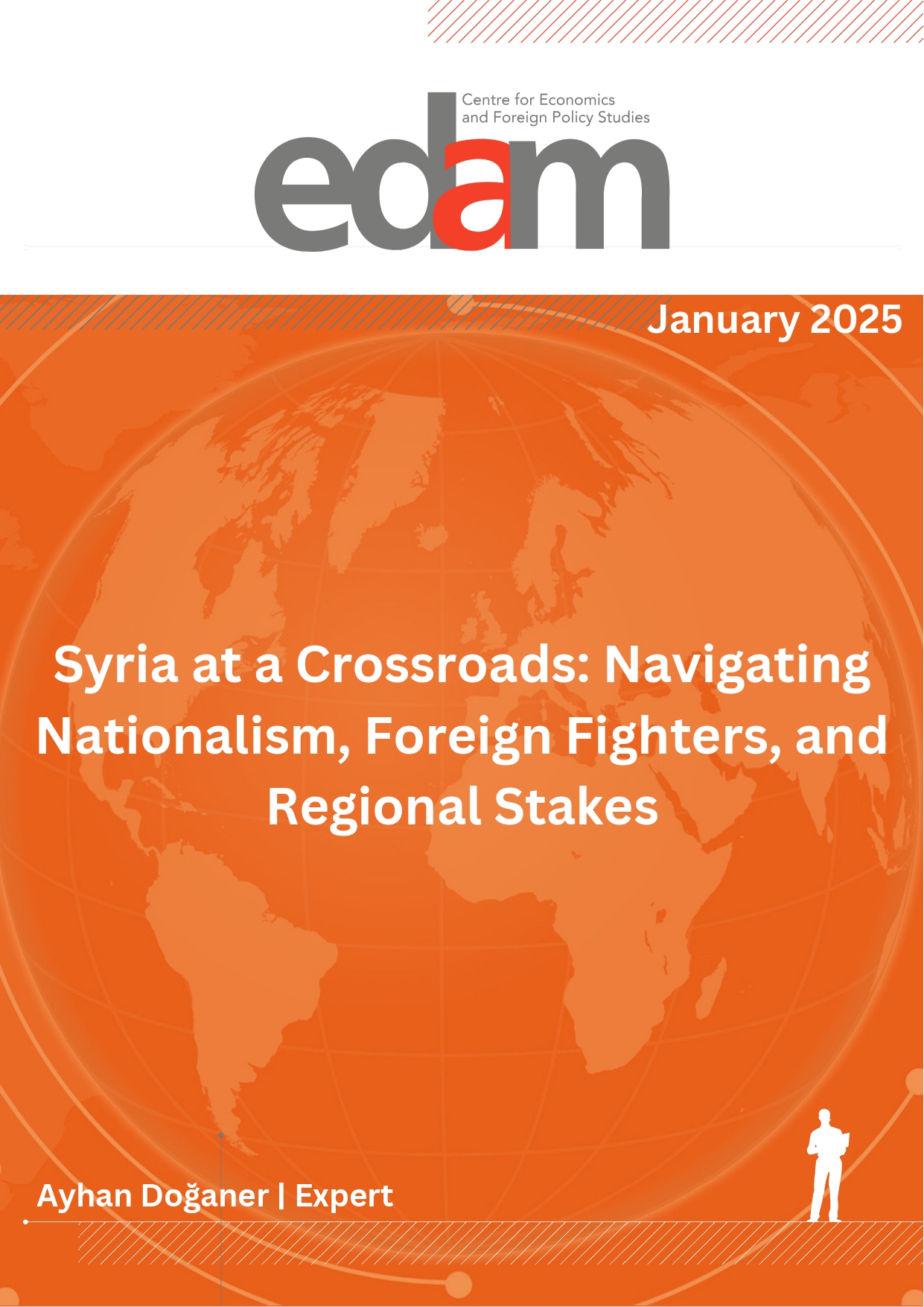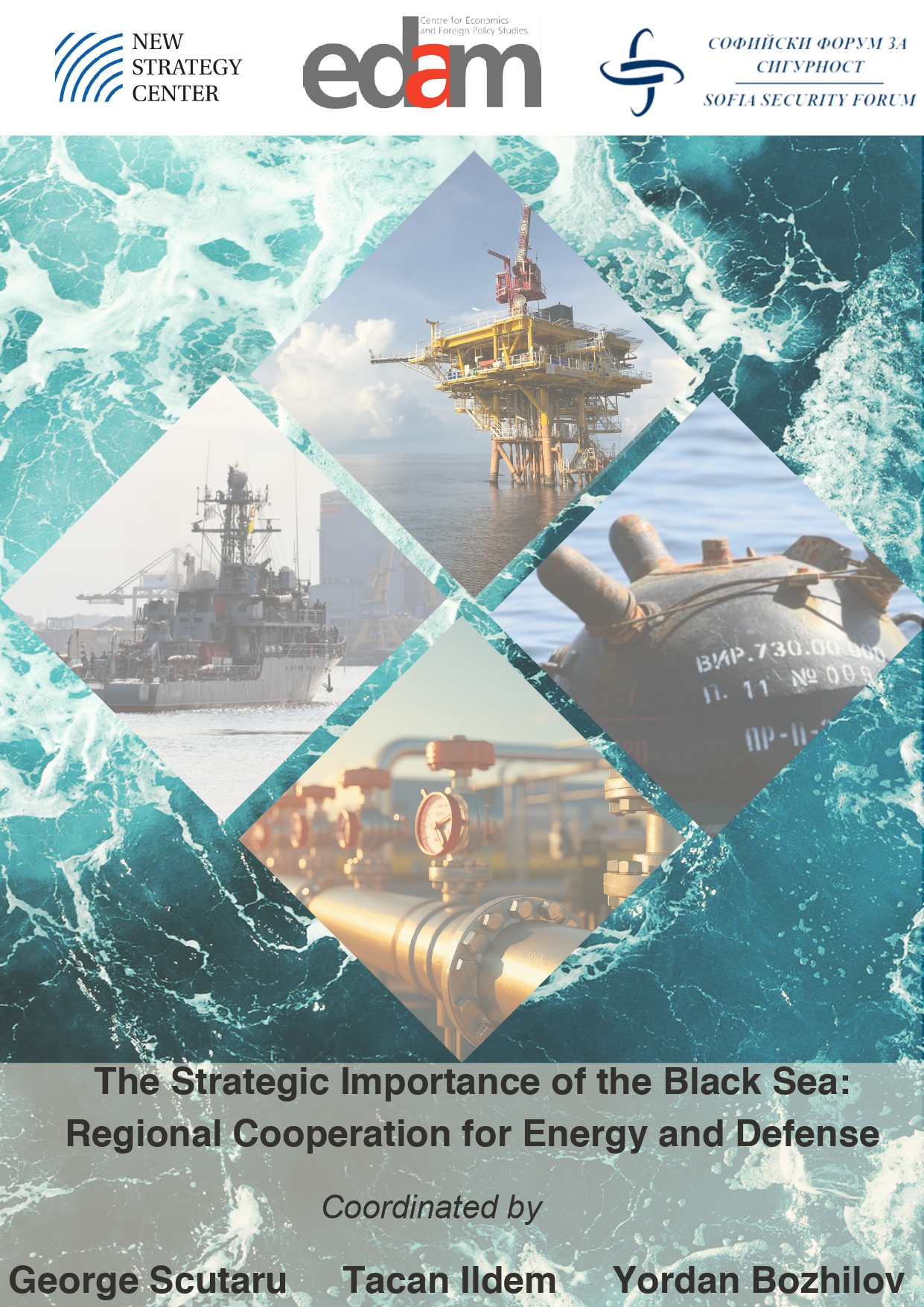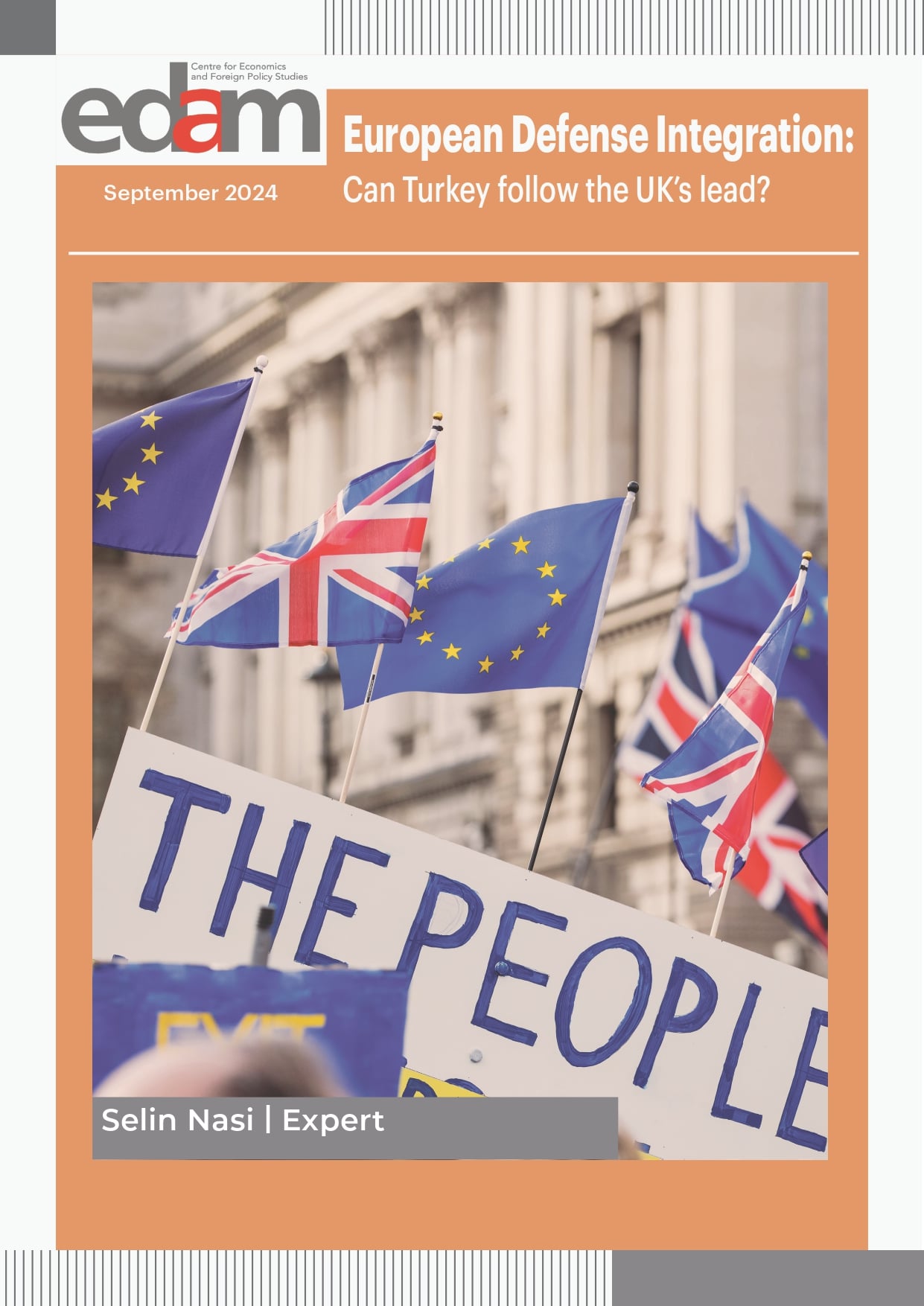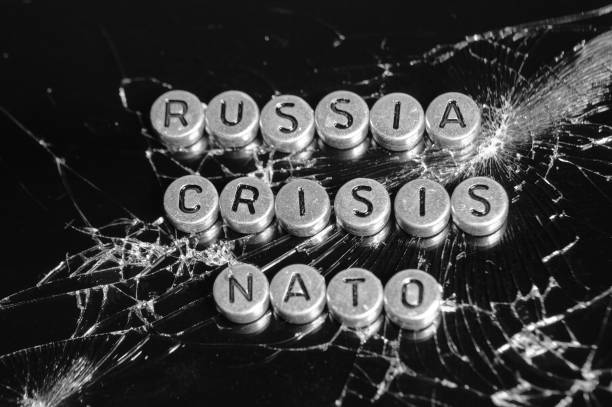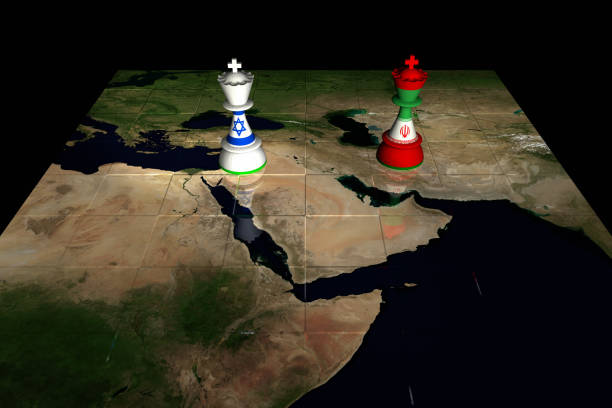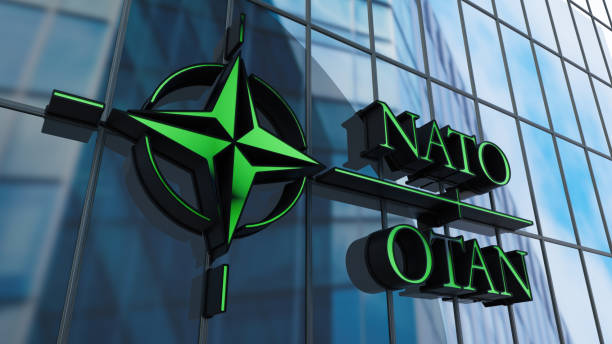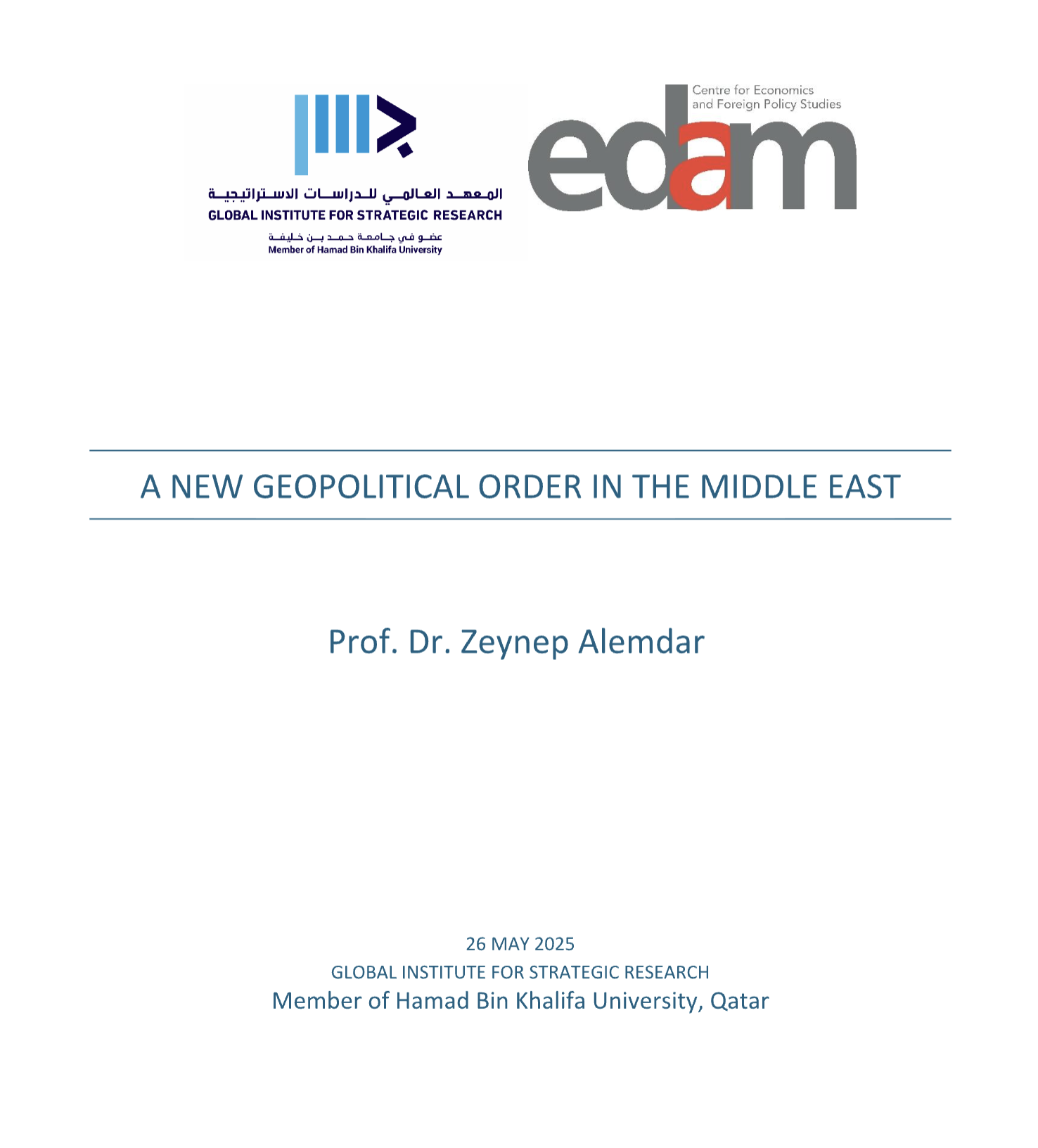
08.09.2025
A New Geopolitical Order in the Middle East
It is uncommon for scholars and policymakers to reach unanimous agreements. However, by the spring of 2025, there emerged a shared belief that the existing international system, as perceived and taught in Western tradition, is no longer viable. The era following the Cold War, characterized by debates over unipolarity versus multipolarity, has concluded. We have entered a period marked by dynamic interactions among middle powers and diversified bilateral relations across various levels and sectors. Alliances are forming and dissolving with ease, crises are overlapping, and conflicts remain unresolved. The Middle East is undergoing significant transformation in 2025, influenced by a complex interplay of historical legacies, emerging powers, and 4 evolving alliances. As the region grapples with the aftermath of historical conflicts, and shifting global dynamics, the emergence of a new geopolitical order has become a focal point for analysts and policymakers alike. This White Paper is the result of a collaborative effort to understand this uncertain world, promoting rigorous analysis, innovative thinking, and policy dialogue rooted in regional realities.

